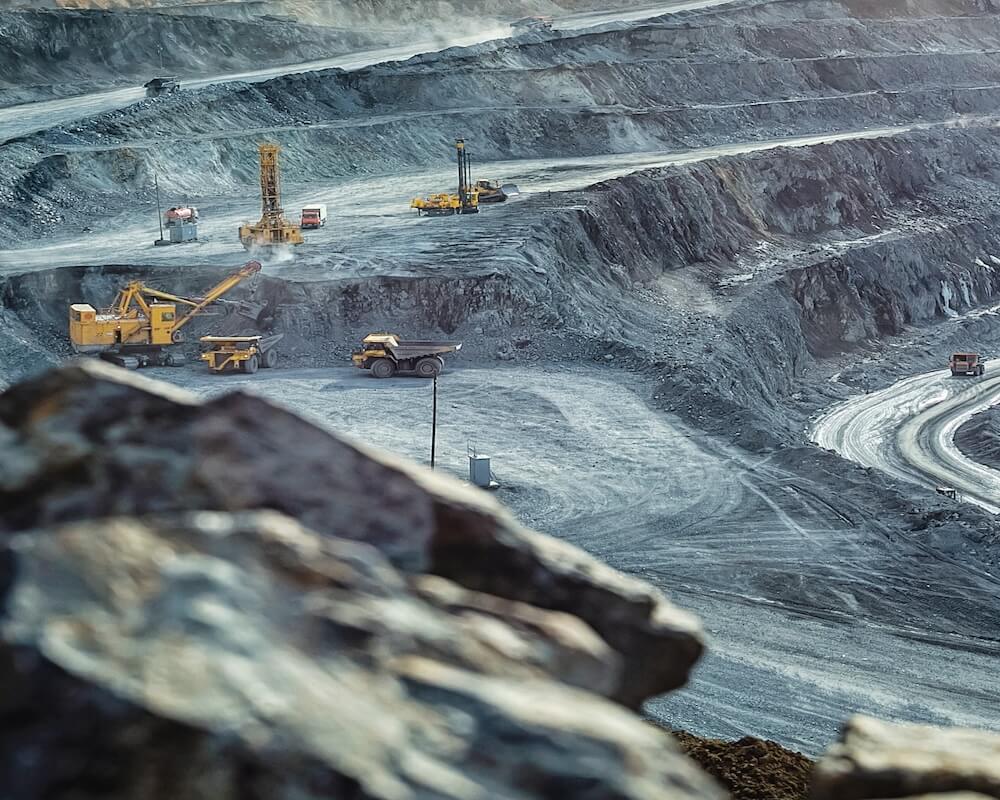
Posted December 19, 2022
By Zach Scheidt
How China's Reopening Affects Inflation
I had a spirited debate with my friend Kevin over the weekend.
Kevin is originally from China. And I'm pretty sure "Kevin" is just his American name.
We were talking about the changes China is making to its zero-COVID policy and how those changes will affect inflation, the global economy, and certain areas of the stock market.
I believe these changes will add to inflation over the next several quarters, while Kevin thinks that China's reopening will be deflationary for the rest of the market.
If only you could have been a fly on the wall for this discussion. I think you would have enjoyed the back-and-forth!
So today, I want to share our debate with you and point out some of the areas of opportunity that China's reopening will create.
The Inflationary Argument
Here's why I think China's reopening will stoke more inflation for the global economy: China’s population is currently estimated at 1.45 billion people.
That's a massive portion of the world's total population.
And the standard of living for most Chinese citizens has been improving over the last 20 years, which means Chinese families are buying more products and services on a per-capita basis.
In other words, Chinese consumption has the potential to drive much more global demand.
That’s true not just for necessities like food and energy, but also for apparel, plane tickets, international hotel rooms, online services, healthcare, and many other categories.
As China moves away from its draconian quarantine and lockdown measures, Chinese citizens will be free to live more normal lives and spend money on more products and services.
Think about what happens when 1.45 billion people start buying more stuff...
All of that demand will further exacerbate inflation, a problem that is already plaguing economies around the world.
That's why I've been pounding the table on natural resources like oil, natural gas, copper, iron ore, and even gold and silver.
Because as China's economy reopens, I expect demand to drive prices for many of these resources sharply higher.
Still, Kevin made some great points over the weekend. So let's take a look at his side of the argument…
The Deflationary Argument
Kevin brought up an important point that China is responsible for several important areas of the global supply chain.
Just about any physical item you buy today has at least some ties to China.
China's manufacturing industry covers everything from high-tech computer chips to assembling the holiday presents you buy for your kids or grandkids
And disruptions to our global supply chain have been a big part of what drove inflation higher earlier this year.
With supplies of important items like cell phones, apparel, car parts, and plenty of other things in limbo, prices naturally surged higher.
And once China's economy starts getting back to normal, these supply chain problems will make it easier (and cheaper) for retailers to rebuild inventory for products in high demand.
We're already seeing this play out at stores like Target, Walmart, and Macy's. And prices for many consumer items are coming down.
So Kevin makes a good argument when he said that reopening the Chinese economy can cause some prices to fall, helping to ease inflationary pressures.
It's All About Where Inflation Shows Up
Quite frankly, both Kevin and I can be right in this debate.
China's reopening will likely cause higher inflation for raw materials like oil, natural gas, and base metals.
That's because we'll use more of this stuff as China's economy gets back up to speed.
Buying energy producers, industrial metal miners, equipment companies, precious metal miners, and even airlines and international resort stocks makes a lot of sense.
These are great plays to help you tap into the good side of inflation and build wealth from the opportunities this market gives us.
Meanwhile, China's reopening may cause many of the goods we buy to become more affordable.
That's good news if you're in the market for a new car, a new laptop, or even some new running shoes.
I'm hopeful that we'll see prices for these consumer items pull back next year. This pullback may give the Fed some cover to start being less aggressive with its interest rate hikes.
To be sure, there are still a lot of moving parts and plenty of uncertainty, which is why I'm excited you're part of our Rich Retirement Letter community.
Throughout 2023, we'll keep a close eye on this inflation debate. My team and I will continue to scour the market for the best opportunities to grow and protect your wealth.
And as always, we'll keep a close eye out for income plays that give you reliable cash flow, which you can use to cover day-to-day retirement expenses.
Or if you don't need that extra cash flow, it's wise to reinvest your income into new opportunities. This helps you diversify your investments and can also give you a bear market advantage.
I hope you're enjoying the holiday season. And I look forward to more investment discussions in the weeks and months to come!

How Others’ Incompetence Costs You Big-Time
Posted January 17, 2024
By Byron King

Turning Empty Cubicles Into Houses
Posted January 15, 2024
By Zach Scheidt

"Boring AI": Overlooked Opportunity From CES 2024
Posted January 12, 2024
By Zach Scheidt

5 Must-See Predictions
Posted January 10, 2024
By James Altucher

Welcome to Earth, the Mining Planet
Posted January 08, 2024
By Byron King
